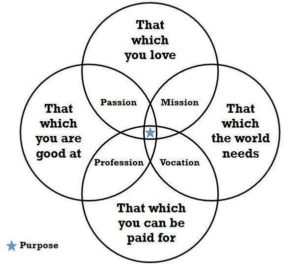I ought to have known I could never write an apolitical blog. After all, I don’t live and work in a bubble and neither do you. The actions of our leaders and leadership aspirants affect us all, in both professional and personal spheres.
I am not British, though I am of British ancestry (largely from Scotland). I have never been to Britain. Yet the shock decision of a majority of Britons to leave the European Union and the consequential political chaos of Brexit has made headline news around the world. I’ve found myself powerfully interested. Among the mass of economic and political analysis, dissecting what went wrong and what is still to come, there lies an uncomfortable observation.
It wasn’t just that white working-class voters didn’t engage with the Remain camp’s policies. It wasn’t that there was no truth to their claims or those of the Leave camp, but that the truth was now of secondary importance. People weren’t interested in the truth. Either they had no particular desire to learn, to discover, to find out more, or society at large was sending a clear message that it was no longer necessary. This wave of anti-intellectualism convinced people that ‘experts’ could be safely ignored.
Among the rush of pithy Brexit tweets was one, which I have sadly since lost but will now paraphrase, proclaiming that in our age of post-factualism the library is now clearly more important than ever. The level of obliviousness in this tweet stunned me. People are already surrounded by information in multiple formats: print, online, image, audio, video. Incredible amounts of information on almost any conceivable topic is already available via the internet, which itself is more widely accessible than ever. Why would people go to the library, which requires some effort, for something the internet can already provide for much less effort?
Moreover, does the aforementioned tweet author labour under the misapprehension that librarians are curators of all this online knowledge? Do they really think confused voters will approach a librarian looking for voting advice (or indeed advice on any other political topic)? Perhaps this is the case in some libraries, but I’ve yet to come across it—and I’ve worked in libraries with a heavy focus on politics. Most of our users knew what they wanted and were not interested in alternative views.
If libraries really are the saviour of popular ignorance, then we as librarians have a lot of work to do.
